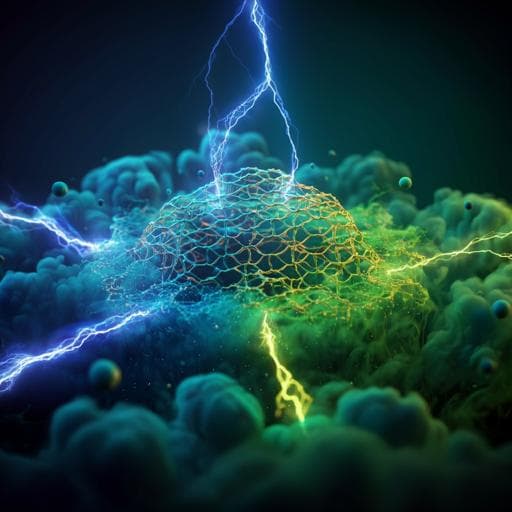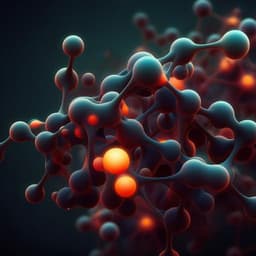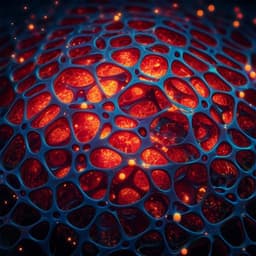
Chemistry
High-rate and selective conversion of CO₂ from aqueous solutions to hydrocarbons
C. A. Obasanjo, G. Gao, et al.
Unlock the potential of renewable energy with groundbreaking research by Cornelius A. Obasanjo, Guorui Gao, Jackson Crane, Viktoria Golovanova, F. Pelayo García de Arquer, and Cao-Thang Dinh. This study introduces an innovative electrochemical system for converting carbon dioxide into methane with over 70% efficiency, offering a sustainable solution for electricity storage and emissions reduction.
Related Publications
Explore these studies to deepen your understanding of the subject.







